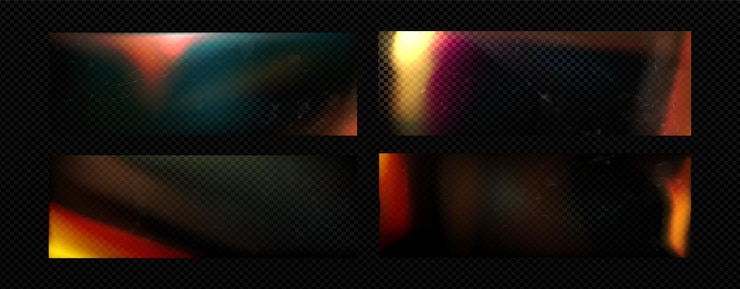Benjamin argues that film represents a break from earlier forms of art, unlike painting or theatre, which rely on the presence of the original, or the continuity of performance. Film is made through fragmentation. Actors perform pieces, scenes are shot out of order, cut, edited, and stitched back together. The final product is something even the actor does not fully control or realise until it is out.
What interests me is how Benjamin connects this process to the idea of “aura”. In traditional art, aura is tied to the uniqueness of it, being present with something original. Meanwhile, film destroys that aura. It can be reproduced endlessly, and every viewer sees the exact same image. At first, this might seem like a loss, but Benjamin sees it as a kind of liberation.
As film is reproducible, it is no longer tied to elite access, it becomes a public art form, one that can be critical, political, and accessible to the masses. Benjamin shows us how technology does not only change art, it changes how we think, see, and even how we define reality.
Today, we are surrounded by videos, livestreams, deepfakes, TikToks, and all forms of reproduced and edited media. Influencers, celebrities, and regular people are performing for a camera, but their image is constantly shaped by filters, edits, and algorithms. Like in film, there is a disconnection between the person and the performance. Benjamin helps us realise that media doesn’t just reflect reality it constructs it. And that means we need to approach what we see with awareness, maybe even with skepticism.
Reading his ideas make me wonder, is anything “authentic” anymore, or are we always performing – digitally mediated, edited, and consumed?
